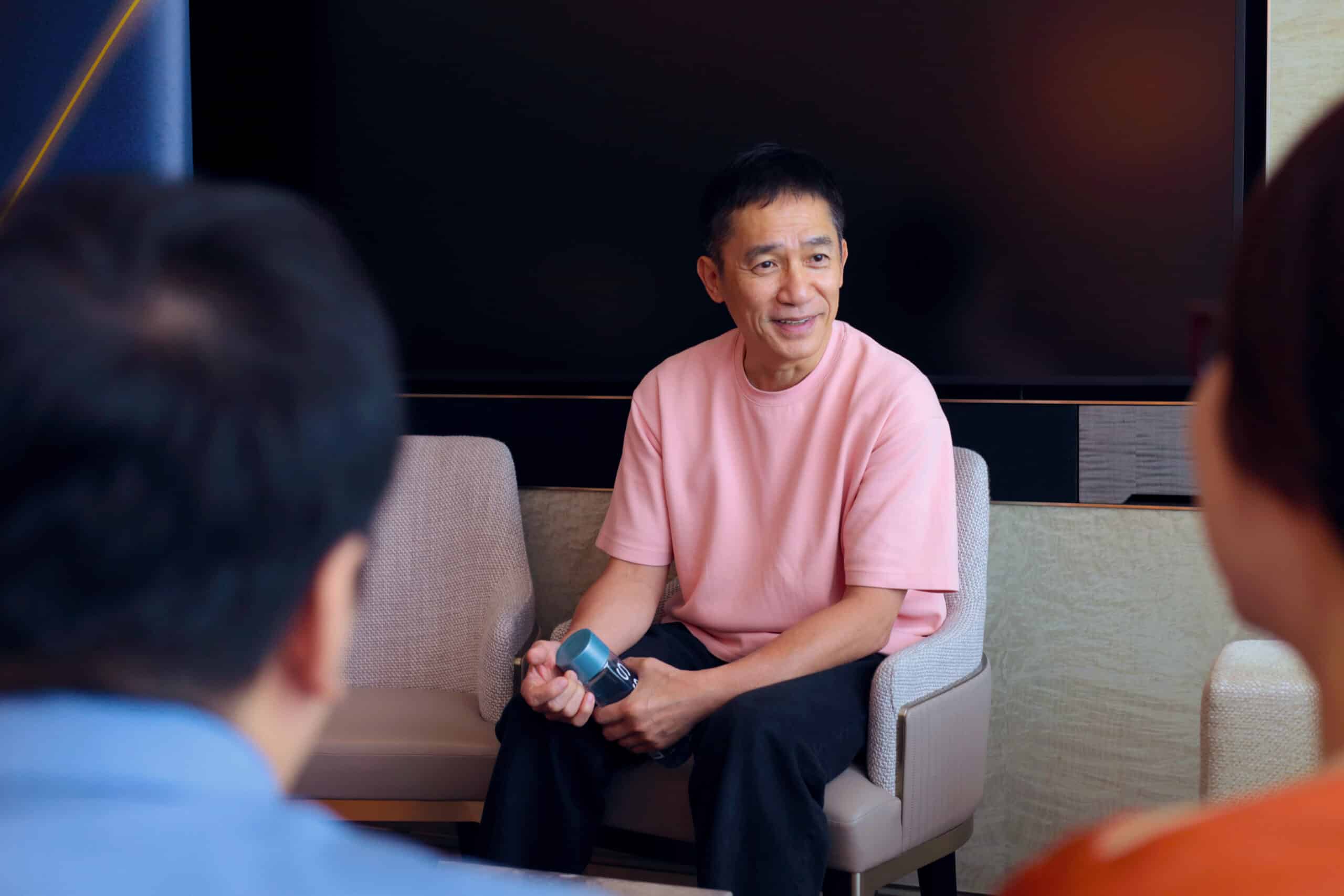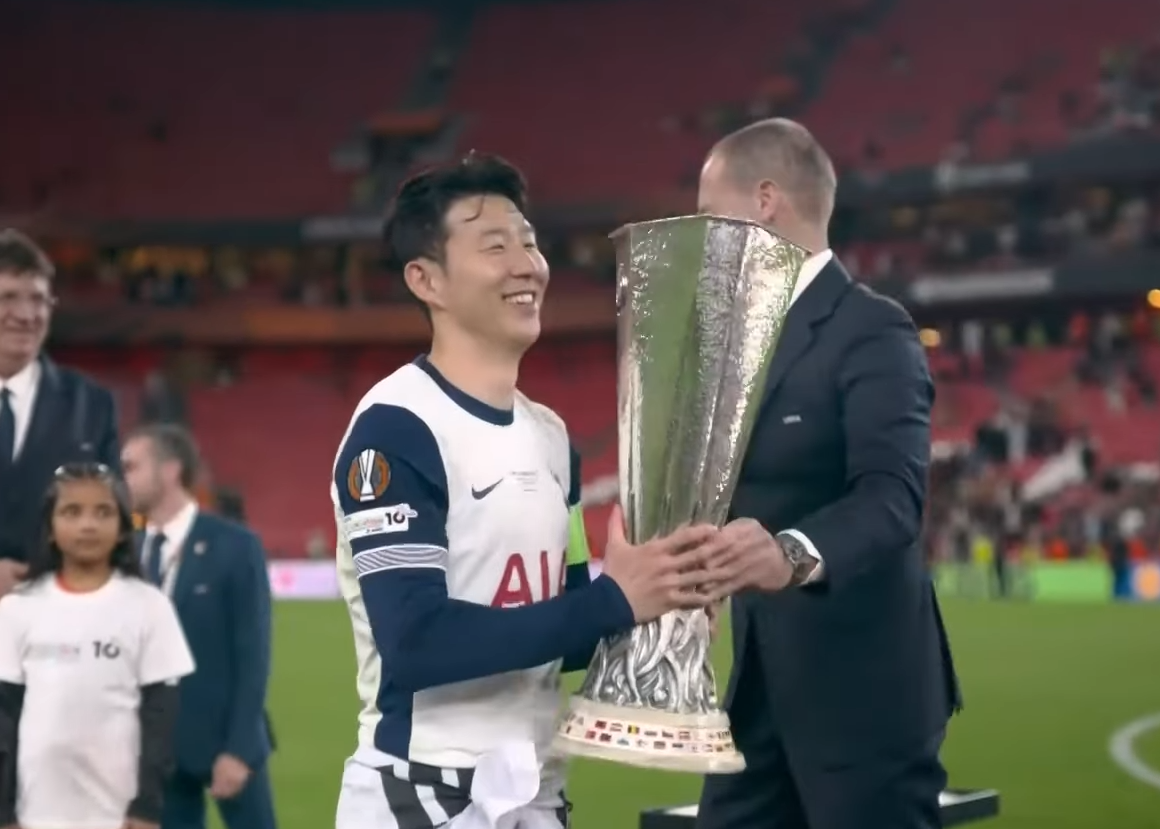An advert by British company Ovo Energy has been ruled as “not racist or offensive” by a watchdog.
Bristol Post reports that Ovo Energy’s kung fu parody advert has been ruled as “not racist or offensive” by the Advertising Standards Authority (ASA).
In the advert, an Asian man dressed as a parody of Bruce Lee with an exaggerated Chinese accent is seen performing kung-fu moves and screams. Known as ‘Boost Lee’, the Asian character helps a woman to use her finger top pay for her energy through a smartphone app.
After receiving complaints that the ad was offensive to Asian people, the ASA looked into the ad but has since said it would be taking no further action.
“The complainant, who believed the ad featured outdated racial stereotypes, challenged whether the ad was offensive and condoned harmful discriminatory behaviour and was scheduled inappropriately,” an ASA spokesperson explained.
Ovo Energy claimed the character was specifically based on Bruce Lee, not any random Asian person. The company said it consulted with Bruce Lee’s daughter who was not offended by the ad.
Critics claimed the ad perpetuated Asian racial stereotypes.
“The ASA noted that the ad featured a character named ‘Boost Lee’ wearing a yellow jumpsuit, teaching martial arts,” the ASA ruling stated.
“The character was seen performing different Kung Fu stances while screaming and encouraging the female character to mimic those actions.”
“We considered that viewers would understand that the character was intended to resemble Bruce Lee.”
“We understood the complainant was concerned that the comedic portrayal of Bruce Lee in that manner, including the use of an exaggerated Chinese accent with Ku Fung screams perpetuated the racial stereotype that all Chinese people were Kung Fu experts and spoke in a similar style.
“However, we noted that the ad did not contain any general references to Chinese people and therefore considered that viewers were likely to understand that the ad was specifically parodying Bruce Lee rather than Chinese people generally.
“We considered the ad was likely to be interpreted as light-hearted and humorous and therefore was unlikely to encourage the mocking or belittling of Chinese people.
“We further considered that because the ad did not contain anything derogatory and did not mock Chinese people, the content of the ad was suitable for children to see and therefore did not require a scheduling restriction.
“We concluded that the ad did not condone or encourage harmful discriminatory behaviour or treatment of Chinese people and was unlikely to cause serious or widespread offence. We also concluded that the ad was scheduled appropriately,” he added.










